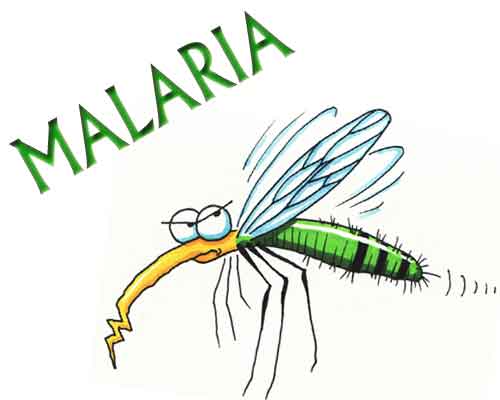- Home
- Editorial
- News
- Practice Guidelines
- Anesthesiology Guidelines
- Cancer Guidelines
- Cardiac Sciences Guidelines
- Critical Care Guidelines
- Dentistry Guidelines
- Dermatology Guidelines
- Diabetes and Endo Guidelines
- Diagnostics Guidelines
- ENT Guidelines
- Featured Practice Guidelines
- Gastroenterology Guidelines
- Geriatrics Guidelines
- Medicine Guidelines
- Nephrology Guidelines
- Neurosciences Guidelines
- Obs and Gynae Guidelines
- Ophthalmology Guidelines
- Orthopaedics Guidelines
- Paediatrics Guidelines
- Psychiatry Guidelines
- Pulmonology Guidelines
- Radiology Guidelines
- Surgery Guidelines
- Urology Guidelines
Clinically silent relapsing malaria may still pose a threat: PLOS Pathogens

Clinically silent relapsing malaria may still pose a threat is finding of a new studyappearing in journal PLOS Pathogens.
The protozoal parasite Plasmodium vivax is a major cause of malaria – a life-threatening mosquito-borne disease responsible for hundreds of thousands of deaths globally each year. P. vivax remains a major obstacle for malaria elimination due to its ability to form dormant stages in the liver. These forms can become activated to cause relapsing blood-stage infections. Relapses remain poorly understood because it is difficult to verify whether P. vivax blood-stage infections in patients are due to new infections or relapses. To address this gap in knowledge, researchers used a nonhuman primate model of malaria, combined with state-of-the-art immunological and molecular techniques, to assess pathogenesis, host responses, and circulating gametocyte levels during relapses.
They found that relapses were clinically silent compared to initial infections, and they were associated with a robust memory B cell response. This response resulted in the production of antibodies that were able to mediate clearance of relapsing, asexual parasites. Despite this rapid immune protection, the sexual-stage gametocytes, which may be infectious to mosquitoes, continued to circulate. According to the authors, the number of clinically silent relapse infections, and their infectiousness to mosquitoes, remains largely unknown and should be evaluated carefully in the future. As a next step on the path to eliminating P. vivax and other relapsing malaria parasites, studies should identify the factors that influence relapse pathogenesis, immunity, and infectiousness to mosquitoes.
“This study shows the explicit benefit of using a nonhuman primate model system to study the immune response and relate the findings to human clinical cases and transmission,” states Dr. Galinski. “It is important to know that asymptomatic individuals may carry infectious gametocytes.”
Dr. Lamb adds, “This study reveals the role of B cells in the control of relapsing malaria.”
Finally Dr. Lee adds, “The nonhuman primate model is ideal to study the true memory B cell responses during relapsing malaria because this question is difficult to answer in human studies.”
For further reference log on to :
http://journals.plos.org/plospathogens/article?id=10.1371/journal.ppat.1007974

Disclaimer: This site is primarily intended for healthcare professionals. Any content/information on this website does not replace the advice of medical and/or health professionals and should not be construed as medical/diagnostic advice/endorsement or prescription. Use of this site is subject to our terms of use, privacy policy, advertisement policy. © 2020 Minerva Medical Treatment Pvt Ltd